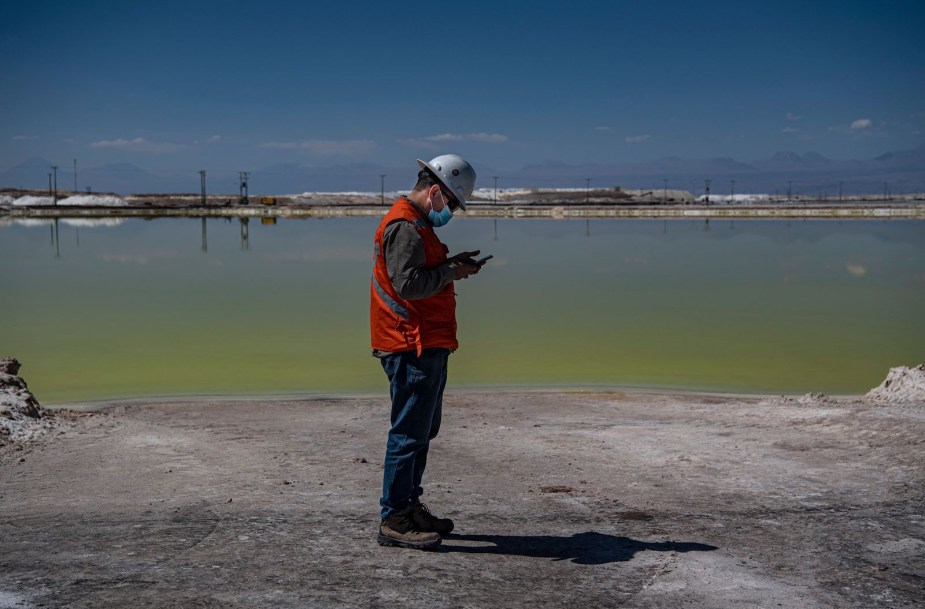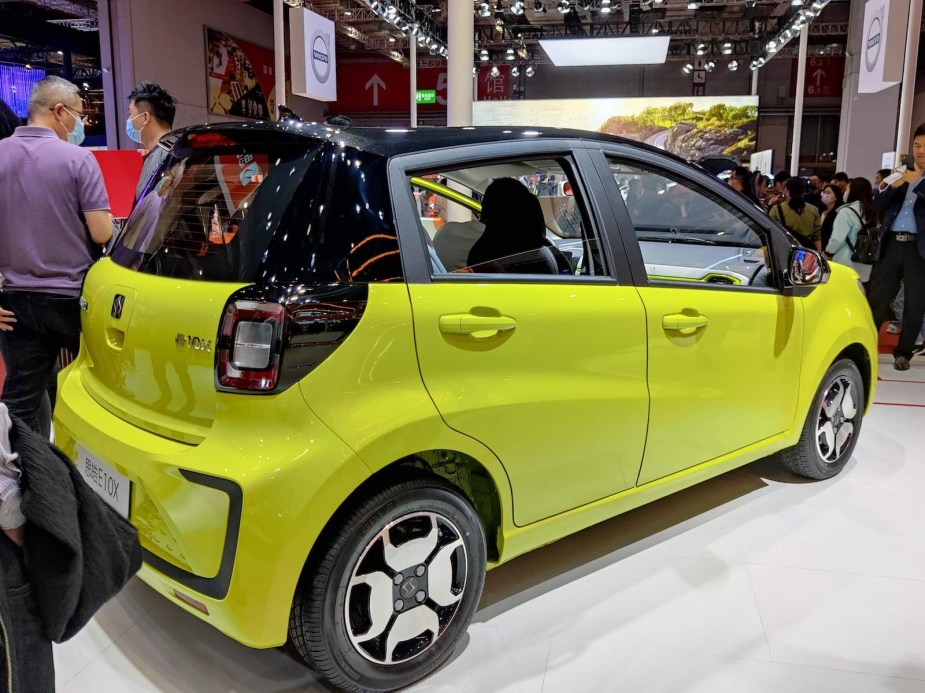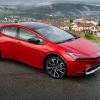
Good News: Lithium-Free EV Better for the Environment and Human Rights
Lithium mining is the dark secret that the EV revolution doesn’t want to talk about. Our lithium mining industry is using water and other resources in some of the poorest places on earth. Worse yet, experts worry that these lithium stores may not contain enough to built a lithium-ion EV battery to replace every traditional car. The hope on the horizon has long been an alternative battery chemistry. And this month, that hope takes to the road in the form of an EV with a sodium-based battery.
You may have heard that lithium is a very plentiful element. And that’s absolutely true. But it’s spread out evenly through most of the earth’s crust in trace amounts–not nearly enough to mine for EV batteries. There are several places where lithium is more concentrated. These include Tibet and a deposit split between Bolivia, Chile, and Argentina.
These deposits are not nearly dense enough to just drill for. But miners have found if they drill a hole in salt flats, then fill the hole with water, lithium and other minerals will rise to the surface. Once they let this water evaporate, they can collect the residue and separate the lithium. If that sounds labor intensive, you’re right. And in the above countries, workers are not getting paid very much for working these mines.

Besides lots of labor, the process requires lots of water. About 500,000 gallons for every ton of lithium. This has created shortages that impact the rest of these countries so badly, it is considered a human rights violation.
Some hybrids use nickel-based batteries. But all PHEVs and full battery electric vehicles currently use lithium-based batteries. As our lithium demand increases, so do the above environmental and human rights issues.
Then in January 2024, the first lithium-free electric vehicle hit the road. And this technology could change everything.
JAC Motors is a Volkswagen-backed automaker based in China. It’s releasing its first sodium-based EV under its “Yiwei” brand. It is a compact four-door EV with a 157-mile range.

If you want more details: the sodium-based battery pack is a 25 kWh unit. Its energy density is 120 Wh/kg. That is about half what the current generation of lithium-based EV batteries achieve. Tesla battery packs are rated at about 254 Wh/kg.
Let’s hope that as VW and company refine this battery chemistry, they can increase that number. But in the short term, 157-mile ranges may do the trick for folks living in places such as Beijing and Manhattan. Considering that mining sodium just requires distilling seawater, and the byproduct could be clean drinking water, sodium-based batteries are better for everyone involved.
Next, learn more about how EV car batteries destroy the environment and violate human rights, or see CNBC’s dive on sodium-ion batteries in the video below:



